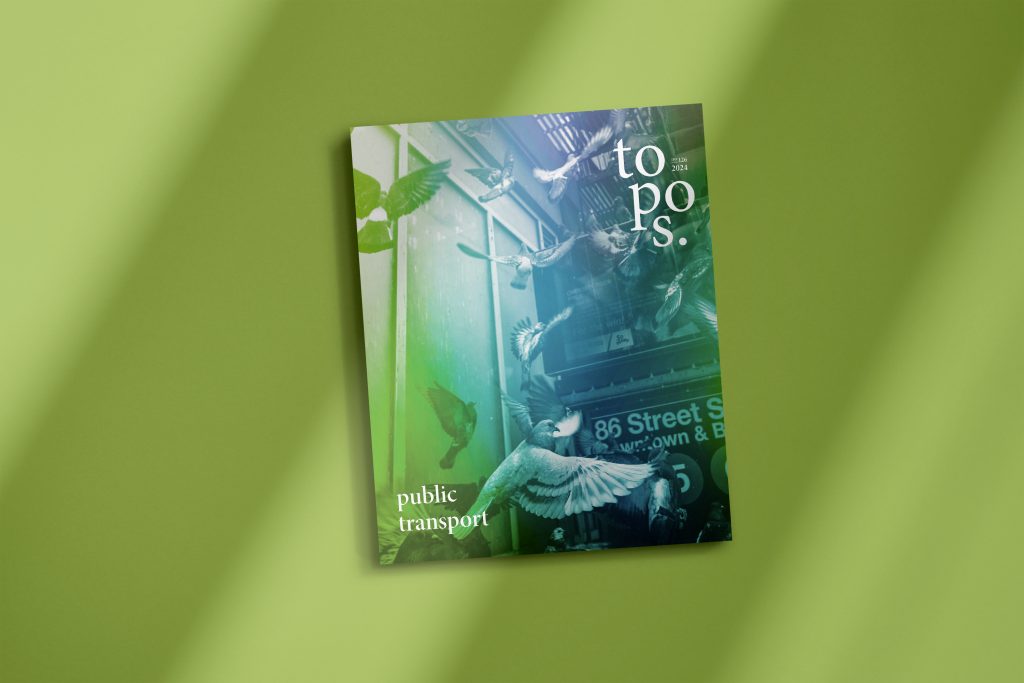
In an ongoing series exploring the effects of China’s Belt and Road Initiative on the cities involved, our next stop is the port of Piraeus in Athens, Greece, which has become the fastest growing port in the world despite a deep economic crisis in the rest of the country.
Billboard
Skyscrapper
Halfpage
China’s Belt and Road Initiative has been described as a modern-day silk road. Encompassing a series of massive infrastructural and investment projects across parts of Europe, Africa and Asia, it follows several routes from mainland and coastal China, across the sea and over land, through the Central Asian republics and several southeast Asian port cities and reaching as far as Djibouti and Mombasa in East Africa, Duisburg in Germany and Venice in Italy. As part of an ongoing series exploring the effects this huge project is having on the cities involved, our last stop was the East African city of Djibouti, next stop Athens and the adjoining port city of Piraeus.
Fastest growing port in the world
In 2015, China was one of several countries to cash-in on the fire sale of public infrastructure that followed the third of three bailouts of the Greek economy by the European Union and the International Monetary Fund. The following year, the state-owned shipping company COSCO (the largest shipping company in China and the second biggest in the world) acquired a majority (51%) share in the Greek port of Piraeus. Since then, the amount of goods passing through the port has more than tripled, making it the fastest growing port in the world, the largest in the Mediterranean and the third largest in Europe, after recently displacing Hamburg.
Located inside the wider Athens urban area, Piraeus presents a useful urban manifestation of the competitive tensions between the Chinese Belt and Road Initiative and the European Union, two major transnational projects that are governed by markedly different economic policies.
Indeed, the conditions which allowed the Chinese Belt and Road Initiative to extend so decisively into the Mediterranean cannot be separated from the recent fate of the European project: in particular the latter’s hugely damaging commitment to austerity and the effect that its structural flaws have had on the nations on its periphery, most notably Greece, but also Portugal, Spain and Ireland (the so-called PIGS).
Widespread urban unrest
China’s involvement in Piraeus first gathered pace at the very beginning of the Greek Debt Crisis, when it leased two of the port’s three terminals for a thirty-year period, at a cost of €100m a year. The first rumblings of instability emerged shortly after the conclusion of this deal, with stark warnings about the Greek economy leading to a major crisis of confidence and the first bailout in 2010, along with tax increases and cuts to public expenditure which led to widespread urban unrest.
Economic and political turmoil
After five years of economic and political turmoil, by which time half of the country’s young people were unemployed and net migration had reached into the hundreds of thousands, the Greek people elected a new government led by Syriza, a coalition of the radical left who were promising to halt the catastrophic debt restructuring policies being forced upon the Greek economy as part of a third bailout. And yet, after six months of negotiations, the EU and IMF would not budge. Then followed a hastily organised referendum, asking if the Greek people accepted the terms of the bailout, which, despite returning a decisive “OXI” (No) vote, the Syriza government decided to ignore, instead embarking on a humiliating U-turn in which they accepted it under worse conditions.
Greece was forced to commit to privatising €50bn worth of public infrastructure
Even after its first bailout package, Greece was forced to commit to privatising €50bn worth of public infrastructure. Yet serious efforts to privatise only really started to happen after this third bailout. Since 2015, the government has sold fourteen of its airports to the majority publicly-owned German company Fraport and has sold its formerly public rail operator to the Italian state-owned rail company Ferrovie. As well as Piraeus, it has also sold the port of Thessaloniki to the German-led fund South Europe Gateway Thessaloniki.
Despite these privatisations, or rather because of them, Greece’s debt burden is not much less than it was at the beginning of the crisis. When measuring this debt burden against GDP, the picture is even worse, with the ratio going from 127% to 179% between 2009 and 2017. With the average salary for workers declining from €1285 a month in 2012 to €929 in 2018 and total hourly labour costs also currently about half the eurozone average, it is difficult to see how the country will claw its way out of its huge debt burden without economic stimulus and debt relief. However, this does not seem likely any time soon.
All this brings us back to the main story about Chinese and European economic policy. In response to the global financial crisis, China channelled a massive Keynesian stimulus into upgrading its infrastructure (something we explored in the first article in this series on Xi’an). This in turn sparked demand for resources internationally which spurred on the establishment of the Belt and Road Initiative.
Medium Rectangle
Halfpage
Hard to rehabilitate themselves
Meanwhile, the European Union has done the opposite, especially in the countries hardest hit by the crisis, shifting the financial burden onto citizens and taxpayers rather than the banks which cause the crisis in the first place. In the process, it has starved these countries of demand, making it even harder for them to rehabilitate themselves.
In this context, it’s difficult not to be positive about the contrasting fortunes of the Chinese-run port when compared to Greece’s overall economy. No doubt the newly employed workers in the port of Piraeus will be tempted to see things that way.












